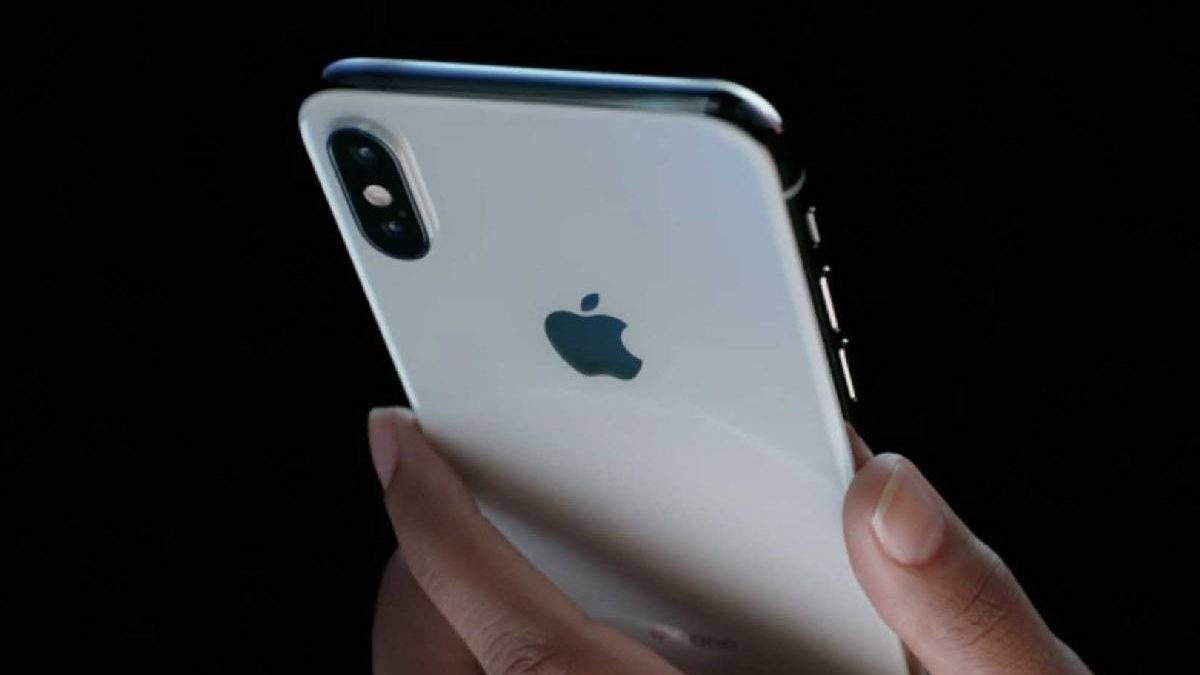We all know that our iPhones are personal devices we use to access sensitive information. But how secure is your iPhone? It is for sure not as secure as you might think. According to one of the top cybersecurity experts, iPhones, too, have security vulnerabilities.
In this blog post, we will explore seven signs that indicate your iPhone is at risk. From unusual battery usage to spoofing, keep reading to find out how your iPhone can be at risk and how to protect it.
Table of Contents
Is your iPhone 100% secure?
Most iPhone users think that their phone is 100% secure and it’s just not possible for hackers to hack into their devices and steal their data. But that’s not the case. Recent studies show a quick surge in malicious apps, which are serious threats to iPhone users.
This is a general point of discussion: Android phones are not as secure due to their fragmented ecosystem, and iPhones are much safer. But the problem is—You can purchase an Android and lock it pretty easily, while Apple doesn’t allow you to do that. Apple makes their devices harder to get attacked, no doubt, but it’s also not easy for an individual to protect it if they want.
Therefore, as an iPhone user, you rely on the company to do the work for you. Likewise, all the organizations and individuals using Apple devices depend on Apple to protect them from hackers and other data leaks.
Seven warning signs that your iPhone is at risk
If your device is acting weird or you’re worried whether your iPhone is at risk or not, check the below warning signs:
- The battery of your phone is draining faster than usual? There could be some app running in the background, using a lot of the device’s resources and causing the battery drain. Check which app it is. Is it a normal app you use daily? Update it to the latest version. If it’s an unknown app, uninstall it immediately.
- Do you see any strange or unfamiliar icons on your screen? It could be a sign that your iPhone has been jailbroken without your knowledge.
- If you start receiving lots of calls and text messages from unknown numbers, that’s a sign that your phone has been spoofed.
- If you see unexpected data usage on your monthly bill, it could mean that an app is sending and receiving a lot of data from your phone without your knowledge.
- If you see unusual activities on your various accounts, such as your email, social media, and bank accounts, that are unfamiliar to you, that means the security on your phone has been compromised.
- If you see anything on your phone that you didn’t install yourself, it’s a good indication that someone has gained access to your device without your knowledge.
- Finally, if you just have a gut feeling that something isn’t right with your phone, it’s always better to err on the side of caution and take steps to secure your device.
How to keep your iPhone secure?
So what can you do to protect your iPhone from being hacked? Here are a few tips:
- Use a strong passcode: A 4-digit passcode is no longer considered secure. If possible, use a 6-digit or longer passcode. You can also enable Touch ID or Face ID if that’s convenient for you.
- Be careful of what you download: Do not download apps or files from unknown sources. Do not open the file attachments if you don’t recognize the sender.
- Use an antivirus: Several mobile antivirus apps are available for the iPhone. These can help protect you from malicious apps that could steal your personal information or allow a hacker to take control of your device.
- Be careful of what you share online: Don’t post personal information on social media or other public websites, such as your address or phone number. And be cautious about what you share in private messages and emails – even if you think they’re going to a trusted friend or family member.
Summary
In this day and age, where everyone is getting technically advanced, so do hackers. And it’s not impossible for them to sneak into your devices these days.
So if you notice any of the signs listed in this article, your iPhone could be at risk. So be sure to take steps to protect your device and keep your personal information safe.

